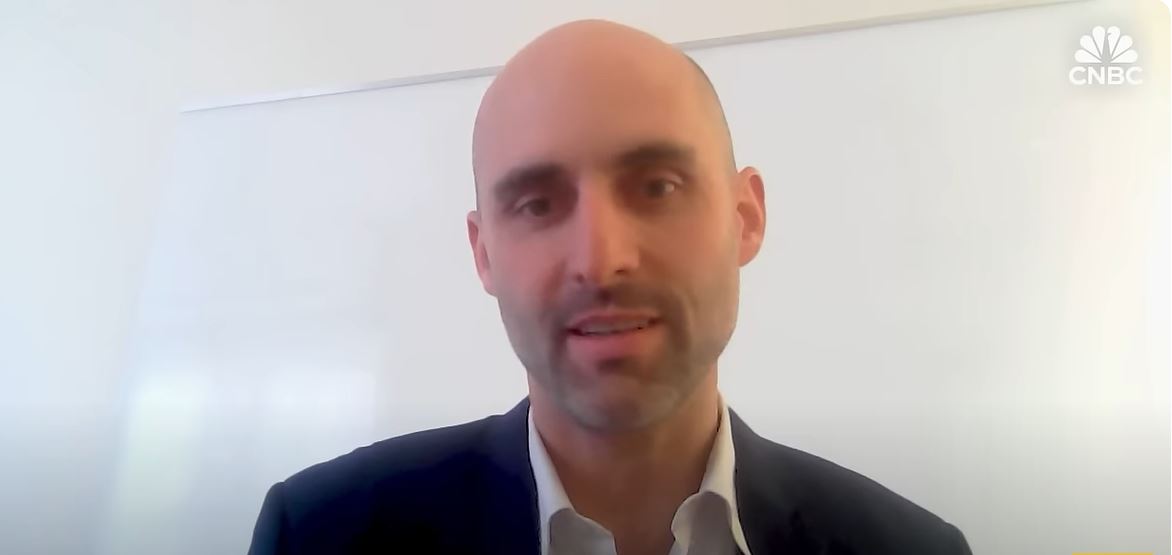
October 9, 2024
Kamala Harris’s Main Priority Is Expanding Welfare, Not Strengthening the Middle Class
Last week’s vice-presidential debate was chock-full of references to the middle class and plans to improve conditions for the middle class. That’s also a common refrain to the stump speech of presidential candidate Kamala Harris: She touts that she comes from the middle class, supports the middle class, and values the work ethic that defines the…

October 8, 2024
Harris Housing Subsidies: A Recipe for Repeating Past Mistakes
Presidential candidate Kamala Harris has proposed housing policies that recycle ineffective strategies long seen in federal housing programs. Her key proposals include subsidies for the construction of 3 million new housing units over four years and $100 billion in down payment assistance to first-time homebuyers. Unfortunately, history tells us her plan would be worse than…

October 7, 2024
Presidential Candidates’ Dueling Child Credit Expansions Explained
The Trump-Vance and Harris-Walz presidential campaigns have each recently proposed large expansions to the child tax credit (CTC). Both proposals might be intended to appeal to similar voters, but they vary significantly regarding budgetary cost, distribution of benefits, and effect on work incentives. This article compares the proposed expansions with the current Tax Cuts and Jobs…

October 7, 2024
Has Kamala Harris Given Up on “College for All”?
In 2009, then-President Obama made a bold proposal: “By 2020, this nation will once again have the highest proportion of college graduates in the world.” His administration then pursued a slew of policies to boost college attendance, including fatter tuition tax credits, a larger Pell Grant, and free tuition at community colleges. Echoing Obama, over the next several…

October 7, 2024
Why Middle Class Wages Aren’t Growing
Senior Fellow Kevin Corinth discusses factors hindering wage growth for the middle class.

October 3, 2024
Six Ideas to Fix Higher Education in 2025
America will have a new president and a new Congress in 2025, and with that change comes the opportunity to rethink federal policy towards higher education. The federal approach suffers from many problems, but the core one is that federal subsidies indiscriminately fund traditional colleges, regardless of their financial value, and shortchange promising alternatives, such…

October 3, 2024
Protectionism is Failing and Wrongheaded: An Evaluation of the Post-2017 Shift toward Trade Wars and Industrial Policy
Abstract The Trump–Pence and Biden–Harris administrations enthusiastically embraced protectionism. Each administration explicitly argued for a break from the bipartisan consensus of recent decades that has been generally supportive of free trade and of allowing markets to shape US industrial and employment composition. But the protectionism of the Trump and Biden administrations has not succeeded and…

October 3, 2024
Stop the insanity. Our national debt now tops $35 trillion…
America’s political leaders have a spending problem. They know entitlement programs feature benefit promises far exceeding their tax base, but have done nothing to make them sound. Meanwhile, both parties demand more spending increases — despite the national debt soaring to $35 trillion, or more than $100,000 for each American, rich and poor alike. Under rosy assumptions, over $20 trillion in…

October 2, 2024
The effect of taxes and transfers on low-earning workers’ income.
Despite misperceptions that the United States is limping through late-stage capitalism, American workers are more highly compensated than ever before—even the lowest earners. The 20th percentile earner—worse-off than 80 percent of workers—had annual earnings 19 percent higher in 2022 than in 1979, after accounting for inflation and a decline in women choosing to work only…

October 2, 2024
AOC’s “Social Housing” Dead End
New York representative Alexandria Ocasio-Cortez, an avatar of the progressive Left, recently shared her vision of how America’s housing shortage should be addressed in a New York Times op-ed cowritten with Senator Tina Smith of New Jersey. Ocasio-Cortez’s vision resurrects the debunked Great Depression-era argument that the private housing market is fundamentally flawed and must be replaced by…